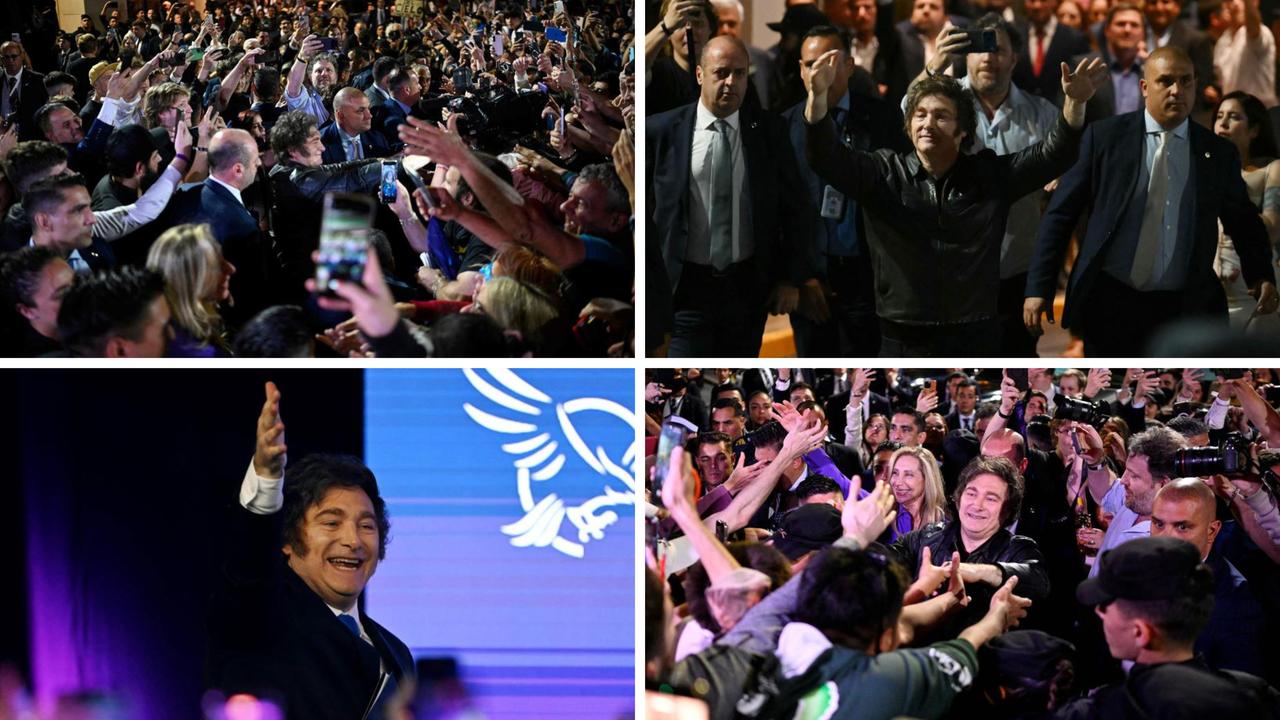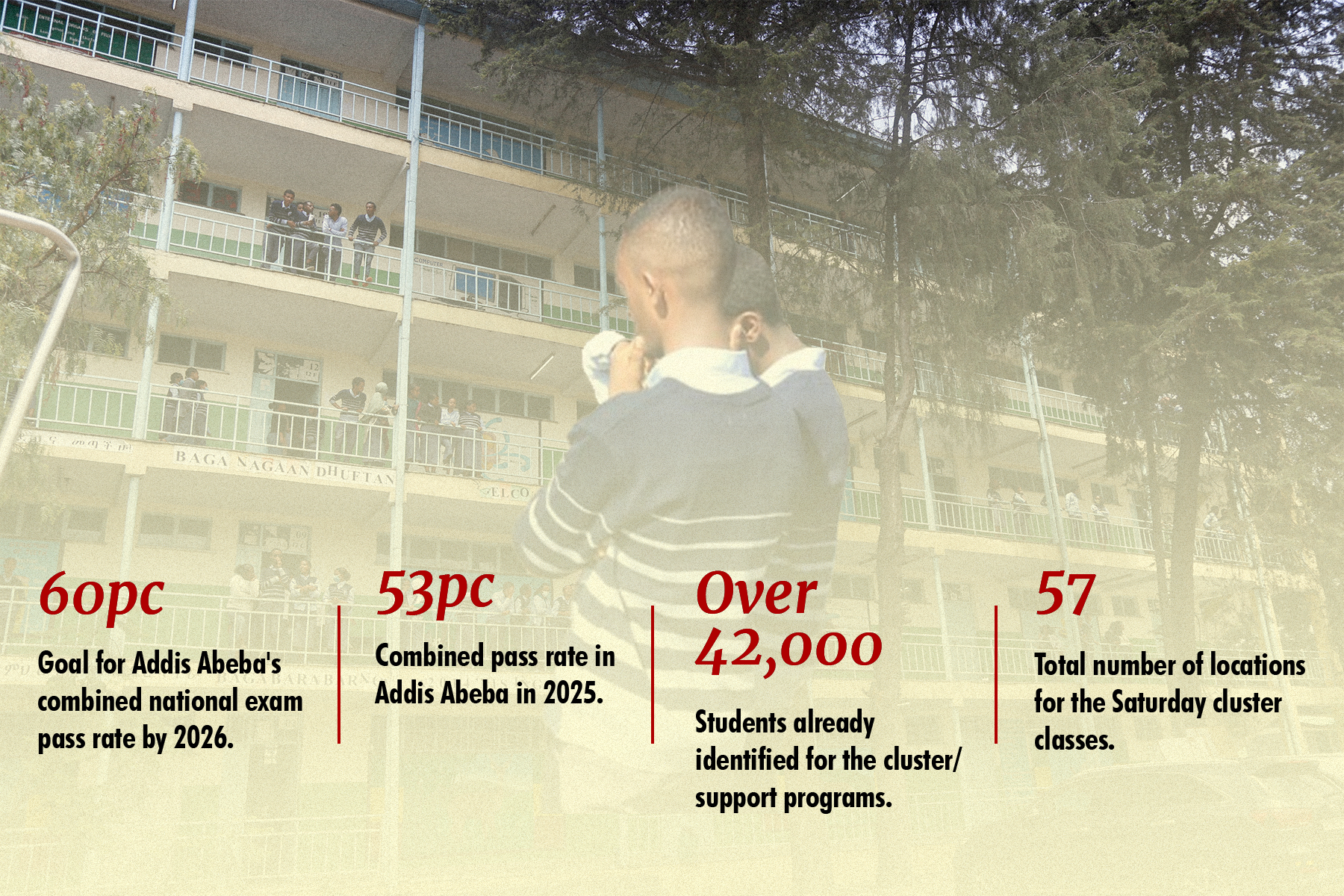Copyright news

Mr Milei’s La Libertad Avanza (LLA) party rebounded from a series of setbacks to win 40.7 per cent of the votes cast for members of congress, far outpacing the opposition in an election closely watched by jittery investors. “Today we reached a turning point. Today begins the construction of a great Argentina,” the 55-year-old President, an ideological ally of his American counterpart Donald Trump, told supporters at a victory party in Buenos Aires. He promised to continue on the reform path with what he predicted would be “the most reformist Congress in Argentina’s history”. Mr Trump, who twice came to Mr Milei’s financial and political rescue in recent weeks, congratulated the leader on his “landslide victory”, noting he “had a lot of help from us”. “He is doing a wonderful job! Our confidence in him was justified by the People of Argentina,” Mr Trump, who had threatened to withhold aid if Mr Milei lost the vote, wrote on his Truth Social platform. He earlier told reporters aboard Air Force One: “That was a big win in Argentina. I gave him an endorsement, (a) very strong endorsement.” “He had a lot of help from us. He had a lot of help,” Mr Trump continued. “We are sticking with a lot of the countries in South America. We focus very much on South America.” Mr Milei said LLA had more than tripled its seat count, winning 101 seats in the lower house Chamber of Deputies, up from 37, and 20 seats in the Senate, up from six. The number of seats won will be officially confirmed by the final vote count later this week. The centre-left Peronist movement, in power for much of Argentina’s post-war history, trailed LLA in second place with 31.7 per cent of the vote. The elections were the first national test of Mr Milei’s support since he won office two years ago on a promise to revive the long-ailing Argentine economy through a series of painful reforms. Markets surge at open in response to victory The run-up to the vote was marked by a run on the national currency, the peso, which forced Mr Milei to seek a bailout from Mr Trump. Argentinia’s markets reacted euphorically to his runaway victory, heralding them as an endorsement of his radical free-market agenda. The benchmark Merval index gained a whopping 21.78 per cent on the surprisingly strong performance of Mr Milei’s party. The peso, which investors fled before the vote, climbed over 6 per cent against the dollar before falling back slightly to close up 3.6 per cent. All eyes had been on the Argentine currency, particularly after a turbulent few weeks in which Mr Milei has spent over $US1 billion ($1.5 billion) trying to prop up. Investors had fled the currency over fears that an election rout for the LLA would wreck the President’s program of cost-cutting and deregulation. Analysts said Mr Milei’s election win had eliminated the risk of a disorderly depreciation of the troubled peso, seen as being artificially kept too strong. It “buys Milei time to adjust in an orderly way, and on his own terms”, British firm Capital Economics wrote in a note, AFP reported, adding the President could expand a dollar-peso trading band to allow for more fluctuation. In an interview following his victory with A24 television channel, however, Mr Milei appeared to rule out any change to the current exchange rate regime. ‘If he doesn’t win, we’re going’ Washington promised an unprecedented $US40 billion ($60.9 billion) aid package, but the assistance came with a warning from Mr Trump to Argentines that he would not “be generous” if the election did not go his ally’s way. “If he wins, we’re staying with him, and if he doesn’t win, we’re going,” Mr Trump said earlier this month. Ahead of the election, several of Mr Milei’s voters had spoken to AFP about their disappointment with his leadership, particularly the corruption scandals involving members of his inner circle. But they remained viscerally opposed to the Peronist movement, whose figurehead, former president Cristina Kirchner, is under house arrest after being convicted of corruption. At 67.9 per cent, turnout was the lowest in a national election in four decades, reflecting disillusionment with the entire political class. Adriana Cotoneo, a 69-year-old pensioner voting in Buenos Aires, told AFP she backed Mr Milei’s party “not because I believe it’s the best option, but because I’m clear about who I want to be gone”. Mr Milei, a former TV pundit, has cut tens of thousands of public sector jobs, frozen public works, cut spending on health, education and pensions and led a major deregulation drive since taking office in December 2023. His reforms were blamed for initially plunging millions of Argentines deeper into poverty. They did however, slow inflation by two-thirds – to the relief of many – although at the expense of faltering economic growth, consumption and manufacturing.



